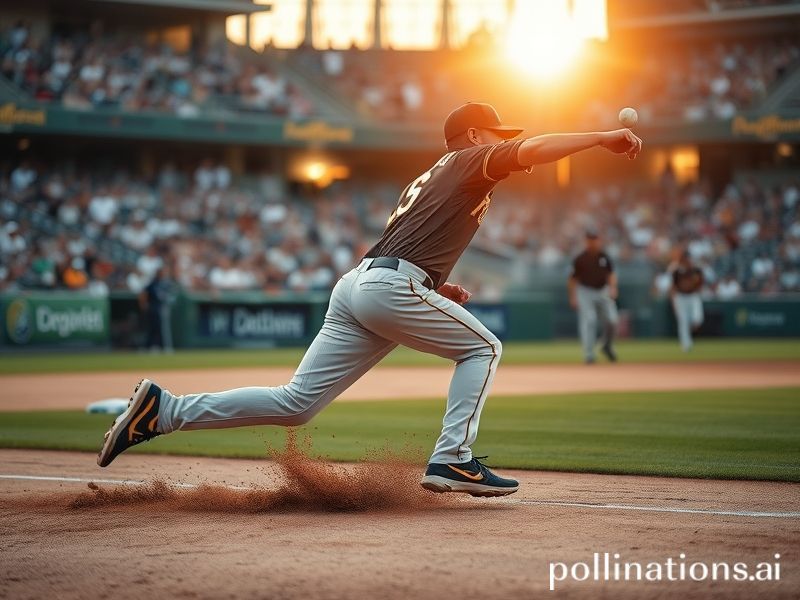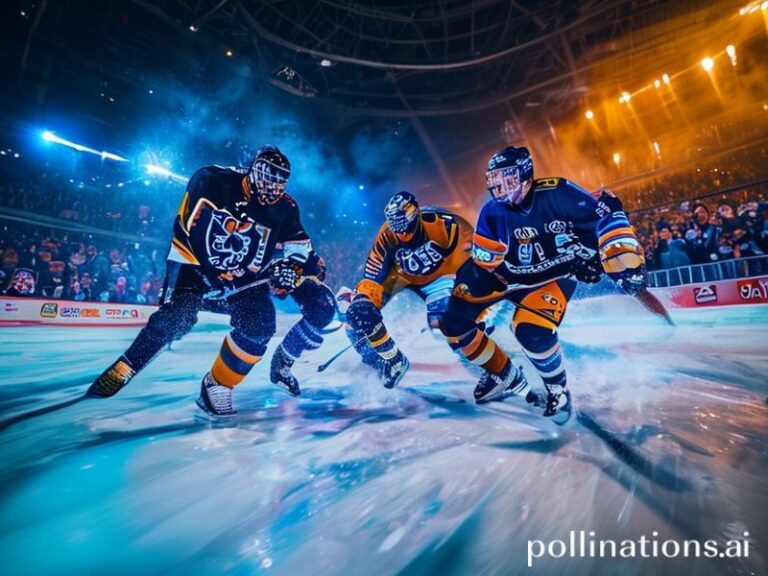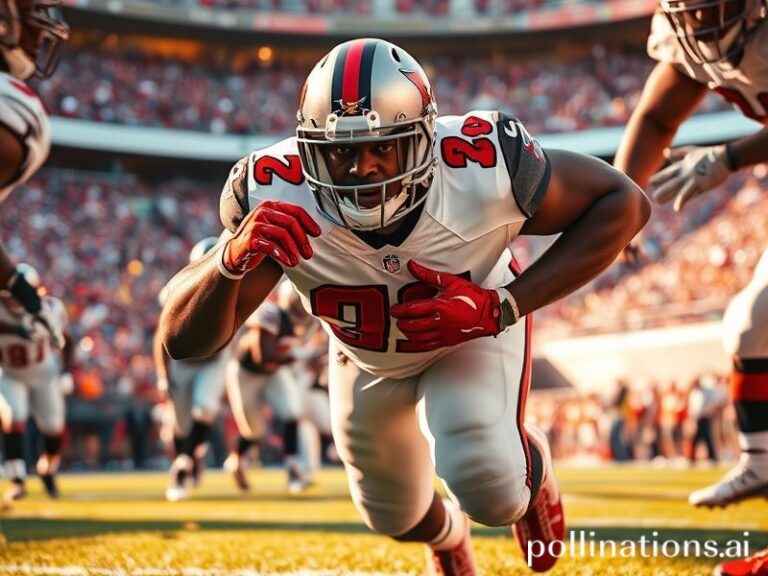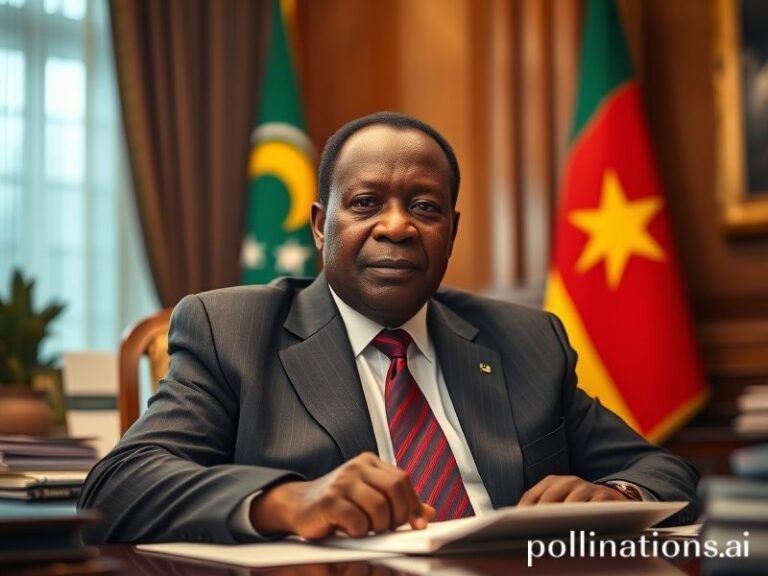ha seong kim
Dave’s Locker, International Desk – Seoul, San Diego, and the Sovereign Republic of Highlight Reels
In a world where supply-chain shortages, crypto-crashes, and the slow-motion implosion of liberal democracy compete for headline space, Ha-seong Kim has done something subversive: he has become quietly, stubbornly excellent. The 28-year-old South Korean infielder is currently turning double plays for the San Diego Padres with the understated élan of a man who knows the planet is on fire but refuses to let it ruin his footwork.
Kim’s story is usually sold as a tidy parable of East-West athletic exchange—KBO star hops the Pacific, learns to hit major-league sliders, collects bilingual endorsements. Yet the global context is messier and therefore more interesting. South Korea still ships semiconductors to a needy planet, but it also exports something harder to quantify: proof that a society can manufacture elite shortstops the way it manufactures RAM chips, with precision, late-night cram schools, and a cheerful disregard for burnout. Kim, product of that system, now performs nightly in a ballpark that sits 20 kilometers from the busiest land-border crossing on earth. While North Korean artillery occasionally reminds the region that Armageddon is only ever a misread radar blip away, Kim practices relay throws in perfect arcs. The juxtaposition is almost too on-the-nose, so let’s move on before someone green-lights a Netflix docudrama.
Viewed from Europe—where baseball remains a quaint American pathology—Kim’s ascent is a gentle rebuke to the continent’s sporting chauvinism. The same Germans who dismiss the game as rounders with advertising breaks now find themselves Googling “OPS+” to understand how an Asian middle infielder is outperforming entire Bundesliga midfields in WAR. Meanwhile, Latin American academies from Caracas to San Pedro de Macorís have begun studying Kim’s swing mechanics the way the Swiss study German tax loopholes. If imitation is flattery, plagiarism is globalization.
The geopolitical takeaway? Soft power is no longer delivered exclusively by K-pop idols in pastel suits. Sometimes it wears eye black and answers postgame questions through an interpreter who, by the end of the season, has become a cult figure in his own right. South Korea’s presidential office reportedly tracks Kim’s batting average with the same grim diligence it once reserved for North Korean missile trajectories. A .280 average won’t dismantle a nuclear program, but it does nudge the national mood from existential dread toward mild optimism, which in 2023 counts as a moonshot.
Financial markets, ever hungry for metaphor, have noticed. Shares in Kim’s childhood club, the Kiwoom Heroes, spiked 6% after his first multi-homer week, proving that equity traders will bet on literally anything that distracts them from the yuan. Cryptobros on Reddit now refer to Kim as “the living DAO,” whatever that means. Somewhere in Basel, a bored analyst at the Bank for International Settlements has snuck a WAR projection into a working paper on Asian productivity. The footnote will never make the executive summary, but the data will linger like a hangover.
Human nature, of course, insists on narrative arcs, so sportswriters have begun framing Kim as the bridge between two pandemic eras: the pre-Covid world of packed stadiums and the post-Covid world of QR-code concessions and existential dread. He debuted in 2021 in front of cardboard cutouts; now he fields grounders while fans argue over whether the seventh-inning stretch requires a booster shot. The symbolism is irresistible, even if the virus itself has apparently moved on to fresher hosts.
And yet, for all the macro analysis, Kim remains an individual navigating micro absurdities. He must learn new curse words in two languages, dodge American sports-radio hot takes, and pretend to enjoy Taylor Swift between innings. Somewhere in Busan, his parents watch games at 8 a.m. local time, clutching instant coffee and praying the Wi-Fi doesn’t cut out during a diving stop. Their son has become a trans-Pacific Rorschach test: to Seoul he is reassurance, to San Diego he is grit, to the rest of us he is a reminder that excellence, like viruses and supply-chain disruptions, now travels faster than passports.
The planet keeps overheating, the ninth inning stretches into extra frames, and still Ha-seong Kim flips the ball to second with that maddeningly calm half-smile. History may not remember the score, but it will note that while we argued about everything, someone, somewhere, turned two.







